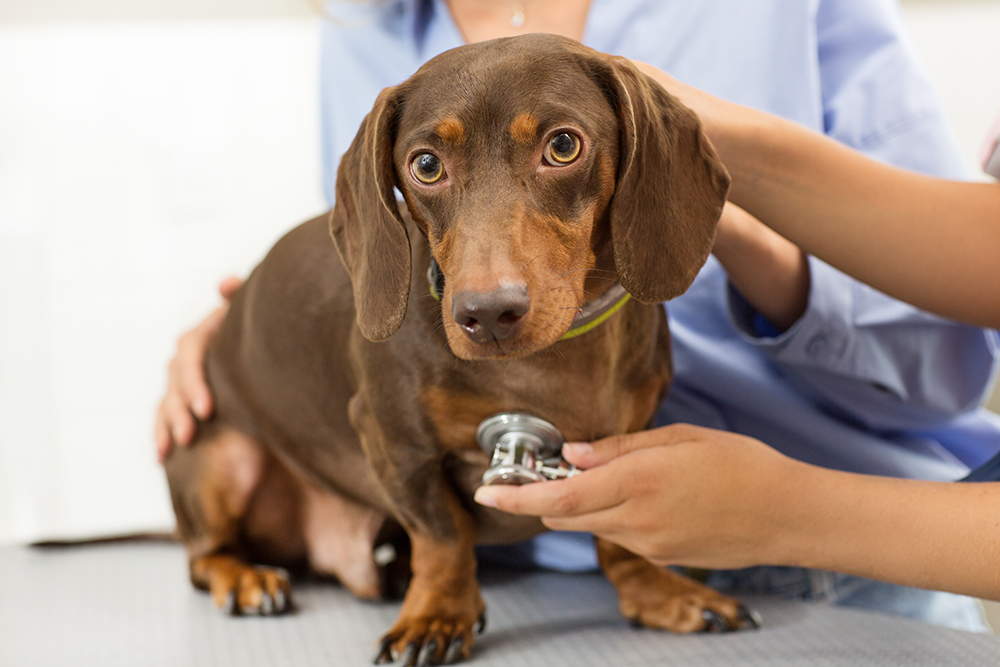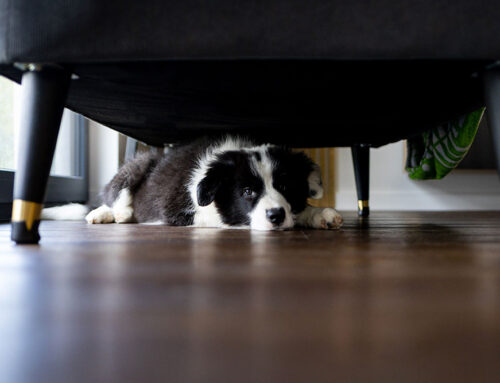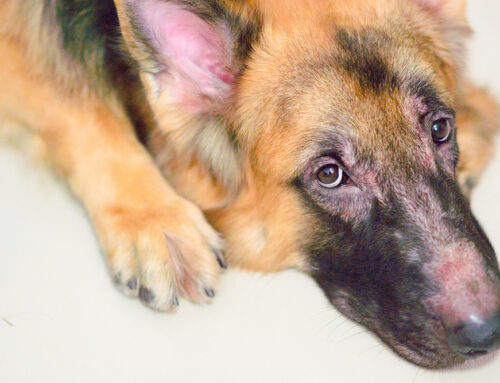Decoding Your Pet’s Respiratory Signals: When to Worry About Coughs, Sneezes, and Wheezes
At Valley Center Veterinary Clinic, we know that coughing, sneezing, wheezing, or even snoring can sometimes be normal in pets—but they can also signal serious health issues. Knowing when to seek veterinary care can make all the difference in your pet’s health and comfort. This guide will help you recognize common respiratory symptoms, understand their potential causes, and take proactive steps toward prevention and treatment.
Recognizing and Understanding Respiratory Symptoms in Pets
Coughing in Pets
Coughing can arise from several causes, including:
- Infectious diseases, such as kennel cough in dogs and feline upper respiratory infections
- Heart disease, like congestive heart failure (learn more about heart disease diagnosis)
- Tracheal collapse, particularly in small-breed dogs (collapsed trachea in dogs)
- Allergies and environmental irritants (allergy tips for small animals)
- Foreign body inhalation, such as grass awns or small toys
When to worry about coughing:
- Persistent coughing for more than a few days
- Wet, productive coughs or a honking sound
- Coughing accompanied by breathing difficulty, lethargy, or appetite loss
For a broader overview, review respiratory distress in pets.
Sneezing in Pets
Sneezing may be harmless or indicate:
- Viral or bacterial infections (especially in multi-cat households)
- Allergies to pollen, dust, or smoke
- Nasal mites or fungal infections
When to seek veterinary care for sneezing:
- Persistent sneezing lasting more than a week
- Yellow, green, or bloody nasal discharge
- Swelling around the nose or excessive pawing at the face
Wheezing in Pets
Wheezing is a high-pitched whistling sound and may signal:
- Feline asthma (feline asthma: what you need to know)
- Allergies or inhaled irritants
- Chronic bronchitis
When to seek veterinary care for wheezing:
- Open-mouth breathing or panting
- Lethargy or refusal to eat
- Progressive worsening of respiratory effort
Reverse Sneezing in Dogs
Reverse sneezing can sound alarming but is often harmless. It typically occurs due to:
- Excitement or pulling on a leash
- Exposure to perfumes or strong odors
When to be concerned:
- Episodes lasting more than one minute
- Signs of airway obstruction (gagging, inability to breathe)
- Frequent or worsening episodes
Snoring in Pets
Snoring can result from:
- Breed-specific anatomy (e.g., bulldogs, pugs)
- Obesity
- Allergies or nasal congestion
When to seek veterinary care for snoring:
- Loud, disruptive snoring
- Signs of choking, gasping, or interrupted sleep
- Difficulty breathing even when awake
When to Seek Immediate Veterinary Care
Seek immediate care if your pet exhibits:
- Open-mouth breathing (especially in cats)
- Pale, blue, or gray gums
- Severe coughing fits leading to collapse
- Wheezing or gasping for breath
Prompt intervention can be life-saving in cases of severe respiratory distress.
Diagnosing Respiratory Issues in Pets
Veterinarians use a combination of diagnostics to evaluate respiratory conditions:
- Physical exams with detailed auscultation of the lungs and heart
- Chest X-rays and ultrasounds to visualize lungs and airways
- Fecal tests to rule out parasitic infections
- Heartworm testing, especially in dogs in endemic areas (see the canine heartworm prevalence map)
- Allergy testing if environmental factors are suspected
Early diagnosis can prevent complications and guide appropriate treatment.

Treatment and Management of Respiratory Issues
Medical Treatments
- Antibiotics for bacterial infections
- Antihistamines, corticosteroids, or bronchodilators for allergies and asthma
- Heartworm treatments where applicable
- Surgical intervention for anatomical abnormalities like BOAS
Veterinarians follow established canine preventive health care guidelines to determine the best treatment plan.
At-Home Care and Prevention
- Maintain a dust-free, smoke-free environment
- Use humidifiers during dry seasons
- Minimize exposure to other animals with respiratory illnesses
- Keep your pet at a healthy weight to prevent breathing difficulties
- Timely vaccinations are essential to minimize risk
Respiratory symptoms in pets can range from mild and self-limiting to life-threatening emergencies. Knowing when to seek veterinary care—and acting quickly—can make all the difference. Whether it’s a stubborn sneeze, persistent cough, or sudden wheezing, the team at Valley Center Veterinary Clinic is here to help.
If you notice any concerning symptoms, contact us today to schedule an evaluation. Your pet’s health and comfort are our highest priorities.







Leave A Comment